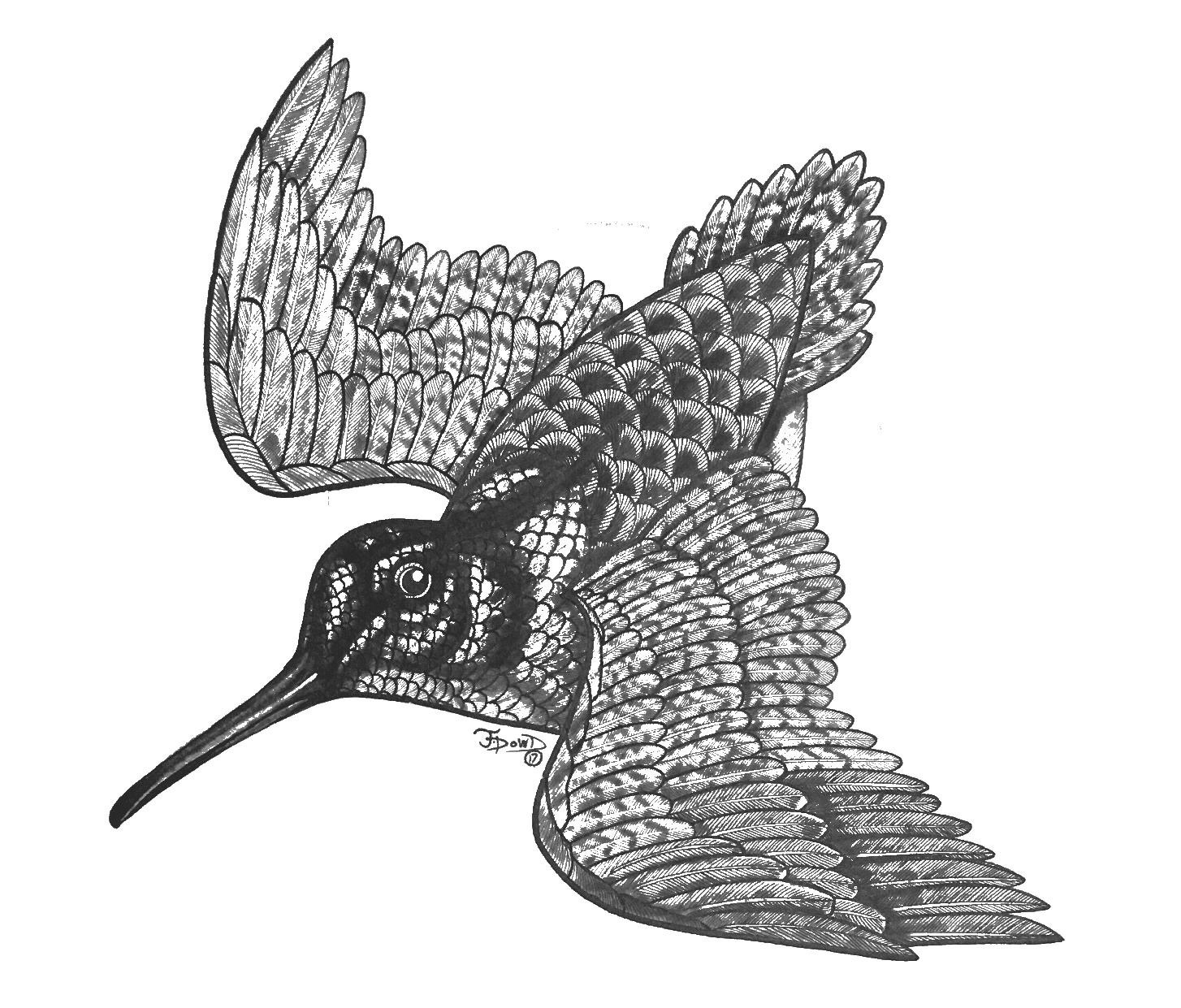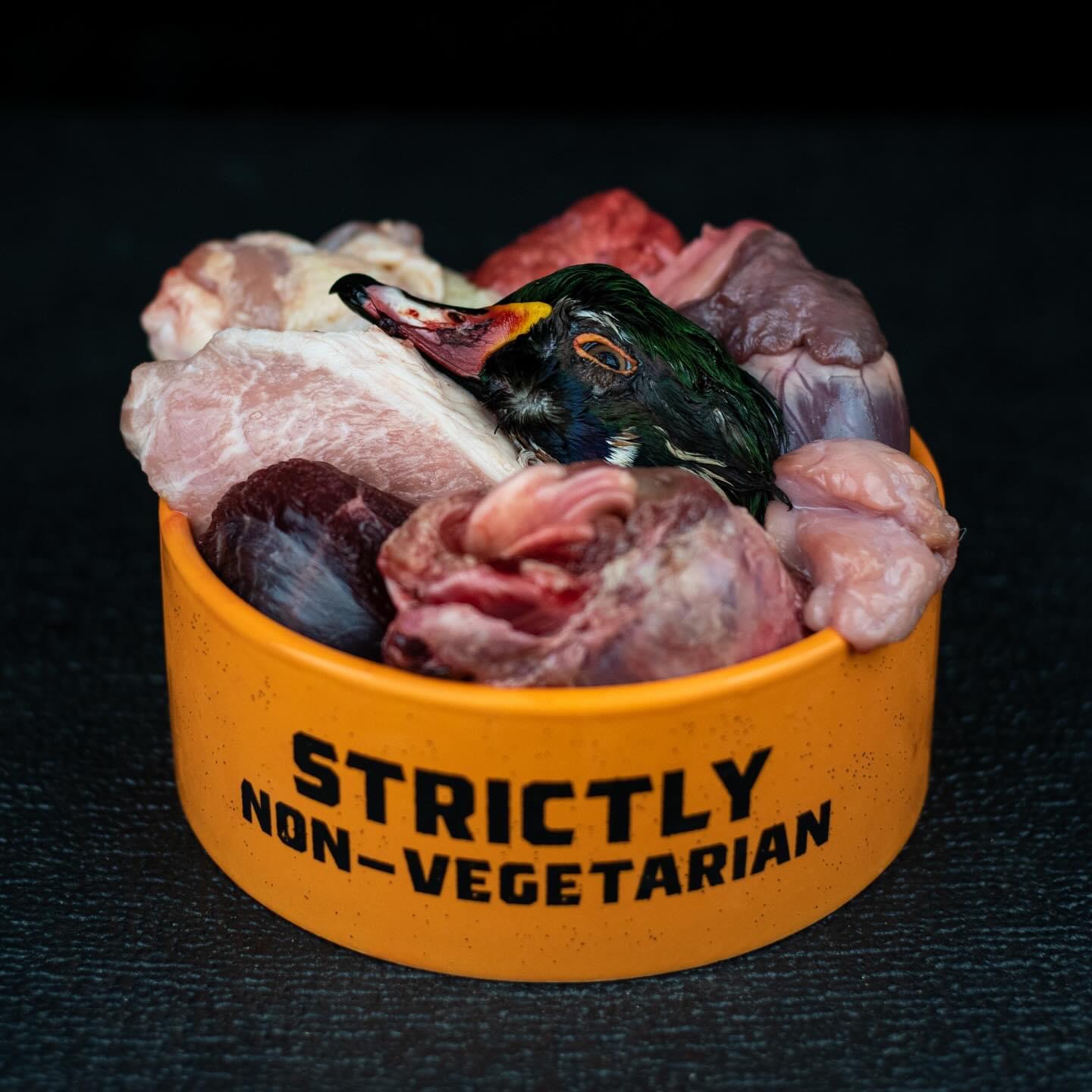Practical Application of Behavioral Principles in Dog Training
Behaviorist’s Perspective
– “Behavior is simply a response to environmental stimuli.”
Classical Conditioning:
Marker Systems
-Marker starts as a neutral stimulus (NS)
-Marker is paired with an unconditioned stimulus (UCS) that is know to produce an unconditioned response (UCR) of value in training.
-Marker takes on the power of the UCS and becomes a conditioned stimulus (CS) and has the power to elicit a UCR (CR when prompted by CS) from the subject.
-NS must predict UCS in order to become CS
-CS can now be used as a consequence in operant model
Markers
-Reward markers
-Clicker, verbal, collar tone, etc
-“Non reward markers
-Popular amongst “r+ only crowd
-Blurred lines between P- and non reinforcement
-Pain marker
-“No” is a common example. I often predicts pain.
Remember this about classical conditioning:
-A neutral stimulus predicts an unconditioned stimulus and elicits a predictable, reflexive response repeatedly until the NS gains the power of the UCS
Operant Conditioning
Operant
– A response from the environment (a consequence of a behavior)
Positive Reinforcement (R+)
-Examples are everywhere (Frameworks)
-Lure and reward
-Shaping
-Often combined with formal marker sx
-Mark must predict reinforcer
-Food
-Value
-Prey
-Timing of mark is tough
-Shot bird “retrieve”
Negative Punishment (P-)
-Removal of or withholding favorable stimulus to make behavior less likely to occur.
-Taking away child’s TV privileges example
-Training
-Engaged over food reward example
-Bird flying away upon motion from bird dog
-Blurred lines with R+ (non reinforcement)
-Engagement, break engagement, reengage
-Dog should be solicitous
-Bird flies away, but is also stimulating
Negative Reinforcement (R-)
– Escape -> Avoidance (Frameworks)
-Action alleviates
-Pain, discomfort, annoyance
-Learning to escape in the present leads to learning to avoid in the future
-FF example (Continuous “pressure”, to abbreviated “pressure” (nick), to no pressure.
-Tools
-Leash
-Collars (Mechanical advantage)
-Healing stick
-E-Collar
-Examples
-Leash “pressure” intro w place
-Leash healing
-Collar conditioning
-FF
Positive Punishment (P+)
-Aversive Correction
-Pain is the consequence of an undesirable behavior
-Often marked with “No”
-“Singular learning event” -Sean Siggins
-Snake aversion
-Trash breaking hounds
-Blurred Lines with R-
-Fighting away from aversive stim (snake aversion)
-Stepping off “place” initiates “pressure”, stepping on alleviates
“The opposite of reinforcement is not punishment, Its non-reinforcement” – Michael Ellis
None of the quadrants is an island and operant conditioning is not a method.
Drive and Drive Manipulation
Drive – Increased arousal and internal motivation to reach a particular goal.
Primary vs Secondary Drives
–Primary
-Directly tied to survival
-Secondary
-Acquired drives
Drive Building
-Frustration and opposition reflex
-Increasing value
-Rag play
-Drag to bird
-Developing resilience
-Increasing distractions in drive
-“pain loading”
-Capturing triggers or catalysts for drive
-Context (stepping on the field)
-Gunfire
-“Making Monsters” -Jerry Bradshaw
Drive Capping
-“Controlled chase”
-Harnessing drive
-Style
-Premack’s Principle
-May not be the perfect place to discuss. Behavior of high probability reinforces behavior of lower probability.
-“Exercise control now, and I’ll give you the super high value behavior”
-Bites for obedience
-Controlled chase …retrieve on cue
-Release to field
-“Releasing” to the high value (reinforcing) behavior
-I don’t command to track, bite, or hunt. I release to those behaviors
Drive neutrality
-Neutralizing triggers
-Putting the shot out of order
-un-pair conditioned triggers from unconditioned triggers
-Gunshot = falling bird, predicted by flush
-Decoy + clatter and yell doesn’t equal bite
-Sometimes passivity does
-Sometimes behaviors directly following triggers are punished
“You can’t push a rope” – Unknown
You can’t force a dog to hunt.



